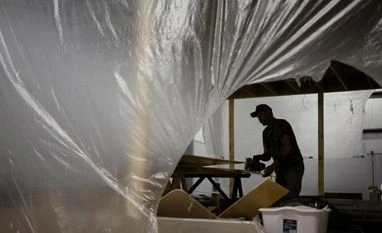The recovery time is calculated by subtracting daily recoveries from active cases until the former's sum does not exceed the latter.
The recovery time has stayed at 9 days for Punjab, 8 for West Bengal and 8 for Odisha. However, for Delhi it has reduced from 7 days to 3 days. The recovery time has come down from 9 to 7 days for Bihar, and for Gujarat, the same has come down from 12 days to 6. Maharashtra, which was one of the better performers in terms of reporting Covid-19 recoveries accurately—the state had a recovery time of over 14 days in conformity with Covid-19 WHO guidelines—has seen the recovery time decline to 10 days.
Not much can be read into recovery times, as it does not clearly indicate whether the current wave is milder than the first wave or not, and people may still be quarantining for the entire period. What it does show is that India needs to improve the quality of data. Experts highlight that we instead need to focus on the trend of rising infections.
To read the full story, Subscribe Now at just Rs 249 a month
Already a subscriber? Log in
Subscribe To BS Premium
₹249
Renews automatically
₹1699₹1999
Opt for auto renewal and save Rs. 300 Renews automatically
₹1999
What you get on BS Premium?
-
Unlock 30+ premium stories daily hand-picked by our editors, across devices on browser and app.
-
Pick your 5 favourite companies, get a daily email with all news updates on them.
Full access to our intuitive epaper - clip, save, share articles from any device; newspaper archives from 2006.
Preferential invites to Business Standard events.
Curated newsletters on markets, personal finance, policy & politics, start-ups, technology, and more.
Need More Information - write to us at assist@bsmail.in
)